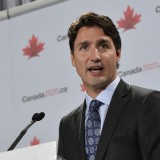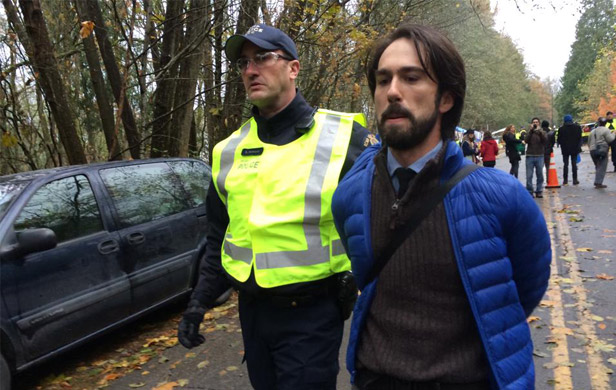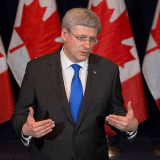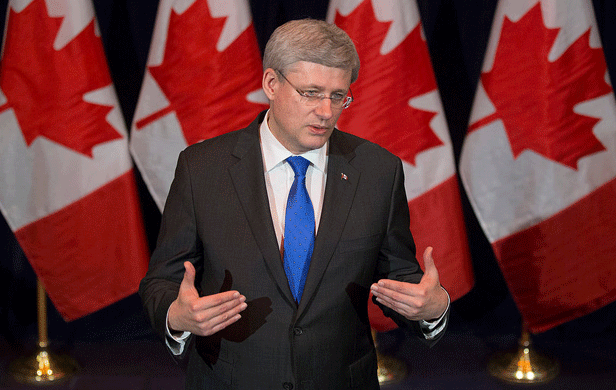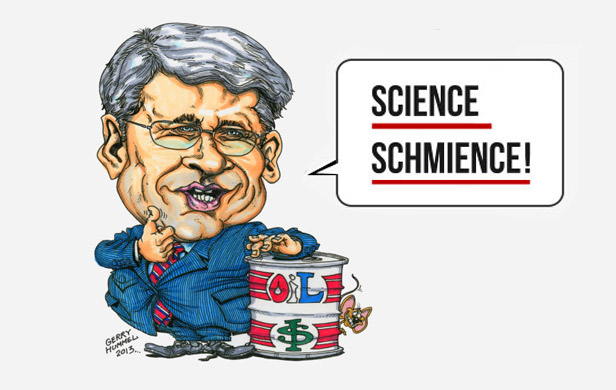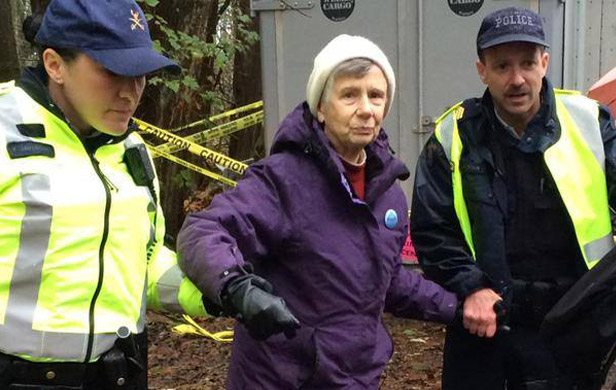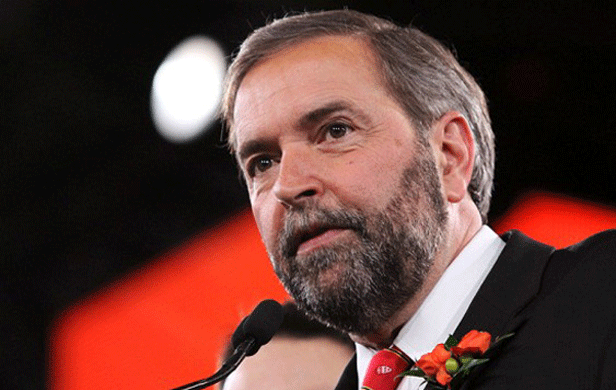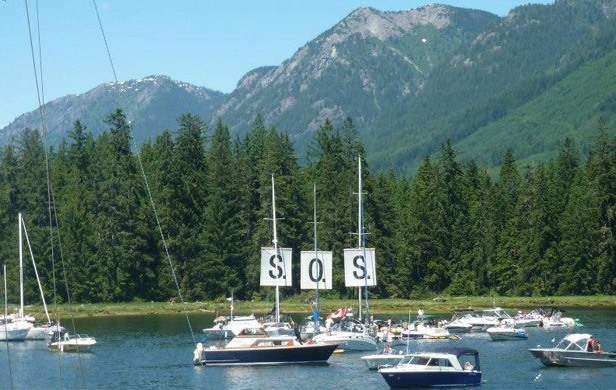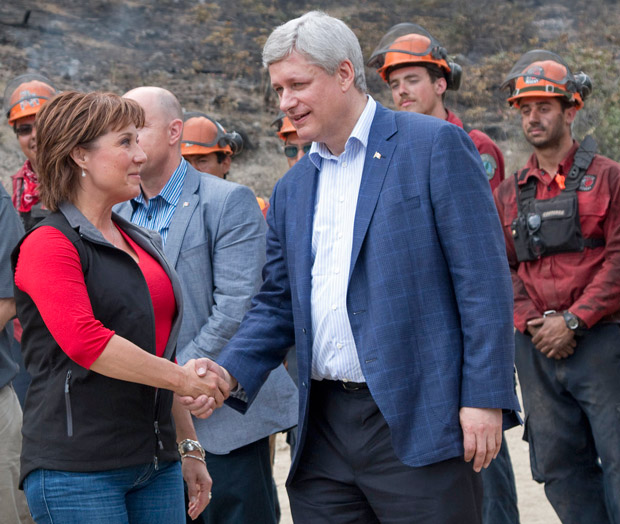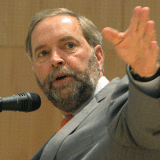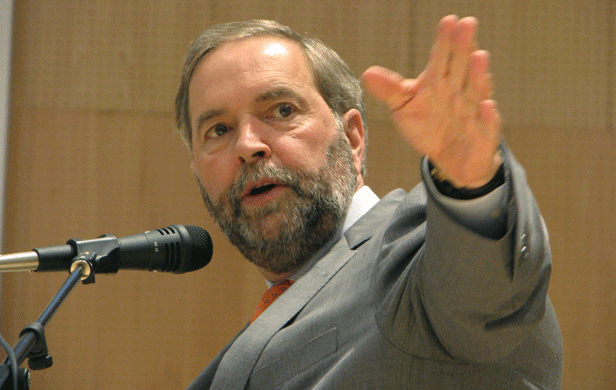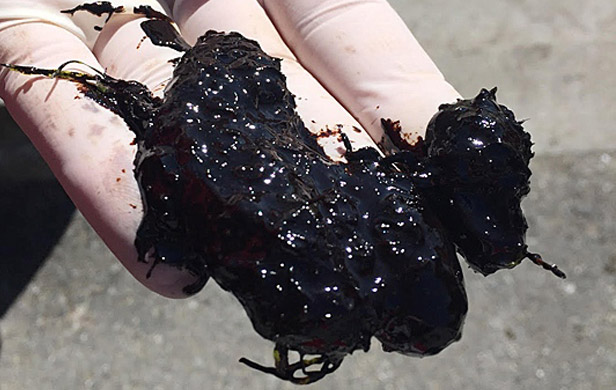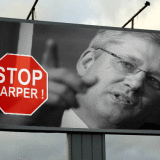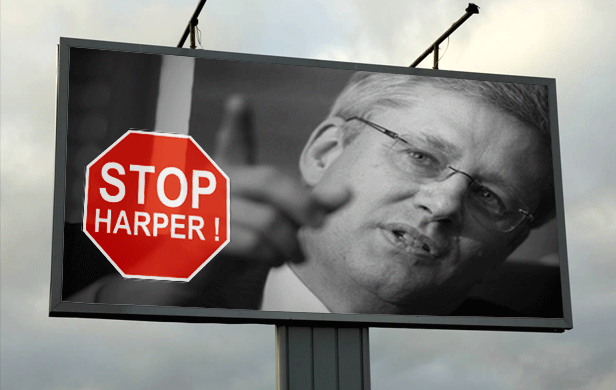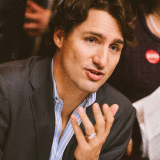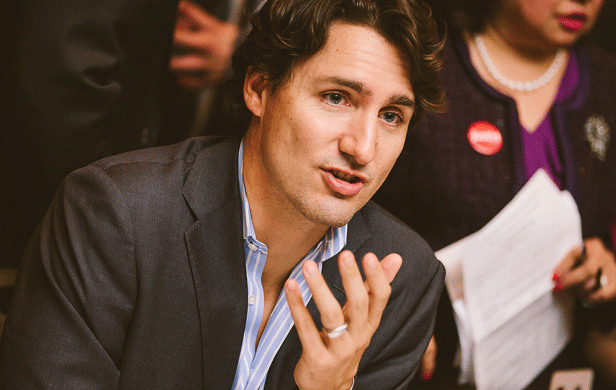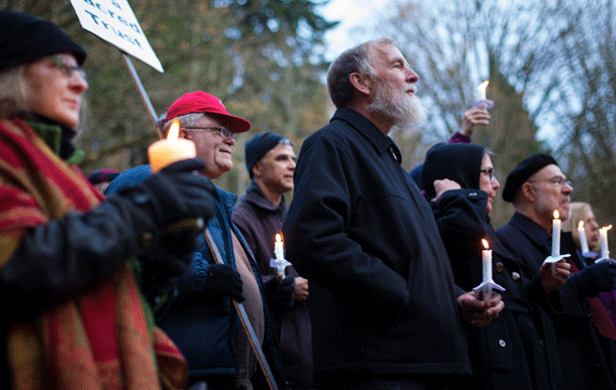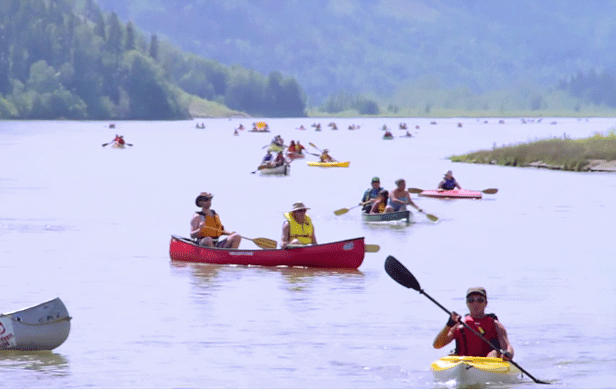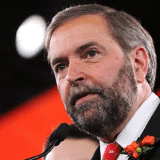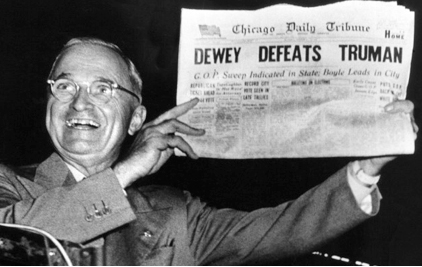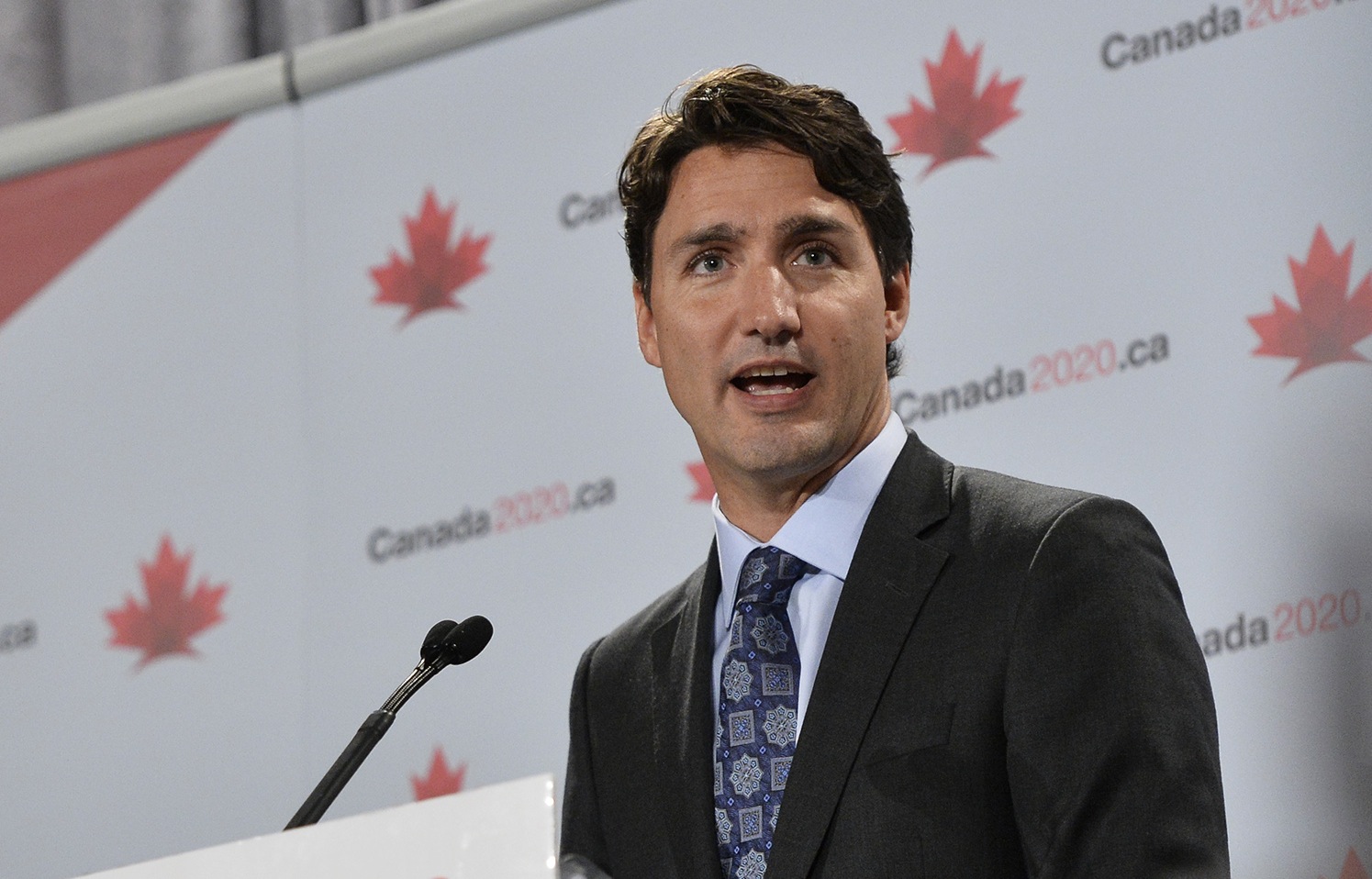
Churchill once stated that the best time to predict events was after they had happened and I think he was probably right.
The current federal election is demonstrating that predictions at any time are pretty iffy but in a hugely long campaign like this one, they’re positively dangerous.
I find myself flying all over the place, which is hardly unusual considering my record on these matters. The benefit of this experience of incompetence is, of course, that you learn that changes always take place and often very rapidly. The question is whether or not this, like logarithms in high school, is quickly learned and just as quickly forgotten, as has hitherto been my case.
Trudeau’s surprising comeback
For example, I doubt very much that anybody would have disagreed with me a month or so ago that Justin Trudeau had badly soiled his copybook with his support of Bill C-51. He was supposed to be through by the opinions of many pundits and was given no hope up against the other three in the great debate. I probably said so too.
The fact of the matter is he did very well in the debate, particularly against the prime minister. C-51 has been called a black mark on Trudeau’s record, but that’s all it is, and everybody has those. To me, it is a very serious black mark, but to the voting public, as time passes, I suspect it will be forgotten in favour of whatever the latest hot issue is. He has already shown signs that rumours of his political death were much exaggerated.
The real issues of this election campaign will likely not emerge until the last month and, I would wager, not all of them are even thought about at this moment. At least that’s the way it usually works.
Harper’s negative ads backfire
I think, looking back, it was fortunate for Trudeau that the Tories did all those vicious attack ads early because the impact has faded and after the debates Trudeau at least looks as if he could be a leader if needs be. In other words, his task was to look better than presented by typical Tory attack ads – and he did.
I also believe those ads helped Mr. Mulcair. Those seeking another choice than Tory just might say, “OK, so Trudeau’s not ready, but Mulcair looks as if he is”. This is not quite bringing deserters back to the Tories as intended.
Mulcair looks strong – especially in BC
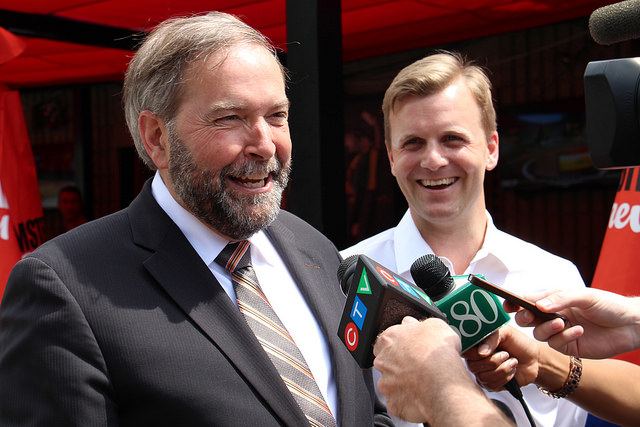
Thomas Mulcair has been seen as the knight in shining armour who has flashed out of nowhere to become the saviour of the nation. So far, he has weathered well and is certainly doing extremely well in British Columbia, according to the most recent polls.
I must say at this point that I hardly trust polls and I am ever mindful of Sir Humphrey in “Yes Minister” explaining to Bernard how by asking a different series of questions on the same subject, you can get two very separate answers.
Moreover, I believe that a lot of people lie because they consider it none of the pollster’s business or, like me, promptly hang the phone up with the international words for “go away” and go back to their dinner.
BC NDP opposition is non-existent
I think Mr. Mulcair has something else going for him in British Columbia. Past NDP national leaders have had to concern themselves with the policies of the provincial NDP and, there being none, there’s nothing for Mulcair to worry about.
If, for example, John Horgan and Co. took a strong stand against LNG, especially in Howe Sound and in Saanich Inlet, Mr. Mulcair might have a problem being wishy-washy and avoiding the subject. Fortunately for him, he finds the local NDP in the midst of what should be an impossible task – making Christy Clark look good.
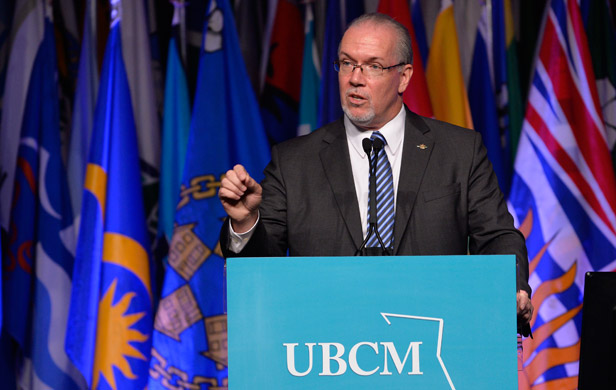
Horgan, in thrall to former premier Dan Miller, is a firm supporter of LNG and quite prepared to desert supporters and those who would be, in places where plants are proposed and people are upset.
You may remember that when Mr. Miller briefly became the premier of the province, he immediately grabbed John Horgan, who was in business in the private sector, and brought him in by his side. Those who know tell me that Mr. Miller is like an uncle or perhaps a godfather to Mr. Horgan, who adores the former premier and would never cross him. Since Dan Miller is a devoted supporter of bitumen pipelines and tanker traffic – not to mention Resource Works, the shills for Woodfibre LNG – it can be understood why Mr. Horgan has suddenly become a fossil fuel capitalist.
That he has been able to drag his caucus into taking this position shows that none of them understands how parliamentary democracy is supposed to work and the critical duty of Her Majesty’s Loyal Opposition to oppose.
Having said that, I think that Mr. Mulcair has done well in British Columbia and this province is now his to lose.
Don’t count Harper out yet
I am not prepared to write off the prime minister at this stage, for the following reason:
Suppose, as I suspect, that Mr. Trudeau is making some inroads in BC and that he and Mulcair become extremely competitive one with the other – that may open the door for Mr. Harper to do much better here than anyone now predicts.
May shines
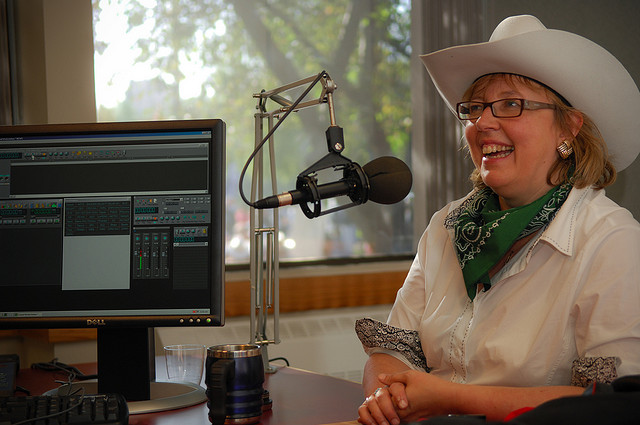
The outstanding candidate in my view is clearly Elizabeth May. Those who watched the debate or have had the privilege of hearing her speak, or both, will know that she is a very substantial person indeed, steeped in the history and tradition of this, her adopted country, and with a far wider vision than just the environment – although that is pretty damned important.
She not only demands electoral and parliamentary reform, unlike others, she understands the subjects.
There is some hope that the Greens will do well in parts of Canada – at this point Vancouver Island looks like it’s in the hopeful section.(I make no secret of my support of the Greens.)
Trudeau has leg up with media
Let me get back to Mr. Trudeau. He has the advantage, if advantage it is, of support from the mainstream media – now that their beloved Tories seem to be heading for the ditch. They’re horrified at the thought of an NDP government and are turning their fond attention to the Grits in desperation. You may have noticed that the stories about Justin Trudeau and the pictures of him are far more jolly and upbeat in the last couple of weeks than they once were.
Although I am by nature one who would normally be a Liberal, they fell from my favour under Pierre Trudeau because of his attitude towards British Columbia, especially exemplified by him giving the finger to some protesters in Salmon Arm. Moreover, he, and the election gang surrounding him, like Keith Davey and Jim Coutts, worked out the obvious mathematics of concentrating all efforts on Ontario and Quebec and to hell with the rest of the country, especially British Columbia.
In his last speech in the debate, Trudeau, Jr. tried to say that his father had instilled in him an appreciation of the nation as a whole. Having been alive at that time and up close to Trudeau, Sr. during constitutional debates, I don’t believe that crap for a second.
When Mark Anthony gave as part of his oration on the death of Caesar “The evil that men do lives after them; The good is oft interred with their bones“, he certainly wasn’t foreseeing Pierre Elliot Trudeau, who’s now subject of a posthumous love-in, the evidence be damned!
Now, the sins of the father are not passed onto the son – neither are the good deeds for that matter – and Justin Trudeau will have to make his own way to the hearts of Lotuslanders. That he has family connections here, including a terrible tragedy, does not make him a British Columbian – something that one cannot easily acquire any more than one can easily become a Quebecer. It does, however, give him a leg up on Harper and Mulcair and that could prove to be important. For example, when Trudeau reads about the childish behaviour of UBC, at least he knows where it is, having once been a student.
For once, BC counts
I don’t remember the election where it wasn’t solemnly intoned that BC counted and I’m hard-pressed to think of one where it actually did. This year, with the strong possibility of a minority government, and with reform of the system in the wind, perhaps every MP will finally make a difference.
I am going to leave it at that without any predictions because, in my dotage, I think I have finally learned that October 19 is a hell of a long way away and a great deal not only can happen but probably will.
